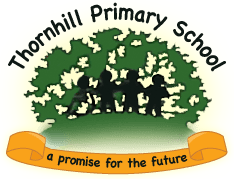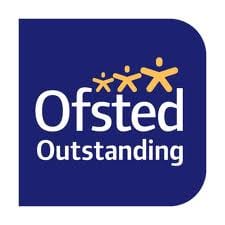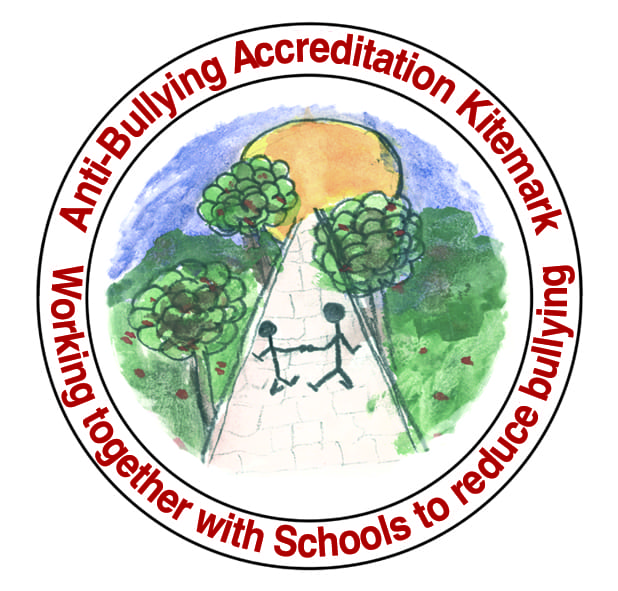| Philosophy |
| We seek to inspire in children a curiosity and fascination about the world and its people which will remain with them for the rest of their lives; to promote the children’s interest and understanding of diverse places, people, resources and natural and human environments, together with a deep understanding of the Earth’s key physical and human processes. The curriculum is designed to develop knowledge and skills that are progressive, as well as transferable, throughout their time at Thornhill and also to their further education and beyond. |
| Intent: What we are trying to achieve through our curriculum… |
| We aim to provide an outstanding geography education which inspires in pupils a curiosity and fascination about the world. Teaching equips pupils with knowledge about diverse places, people, resources and natural and human environments, together with a deep understanding of the Earth’s key physical and human processes. As pupils progress, their growing knowledge about the world should help them to deepen their understanding of the interaction between physical and human processes, and of the formation and use of landscapes and environments. Through their work in geography, children learn about their local area, and they compare their life in this area with that in other regions in the United Kingdom and the rest of the world. They learn how to draw and interpret maps, and they develop the skills of research, investigation, analysis and problem solving. Through their growing knowledge and understanding of human geography, children gain an appreciation of life in other cultures. Geography teaching also motivates children to find out about the physical world. Geographical knowledge, understanding and skills provide the framework and approaches that explain how the Earth’s features at different scales are shaped, interconnected and change over time. |
| Implementation: How our curriculum is delivered… |
| We use a variety of teaching and learning styles in our geography lessons. Our principal aim is to develop children’s knowledge, skills, and understanding. Pupils are given real-life experiences through visits and visitors in school. They have the opportunity to use a variety of data, such as statistics, graphs, pictures, and photographs. They use ICT in geography lessons where it enhances their learning. They take part in discussions and they present findings and data to the rest of the class. They engage in a wide variety of problem-solving activities. Wherever possible, we involve the pupils in practical activities, for example, researching a local environment, field trips to their local area, observing and discovering the outdoors and using geographical equipment such as the weather station.
The school uses the National Curriculum programmes of study and the EYFS Statutory Framework as the basis of its curriculum planning. In Early Years we look closely at linking areas of the curriculum in order to ensure learning is within meaningful contexts while in Key Stage One and Two Geography is taught as a discrete subject. The curriculum planning in geography is in four phases; progression of knowledge and skills, long term plans, medium-term plans and short-term plans. The ‘Progression of Knowledge and Skills in Geography’ maps all of the knowledge and skills required to be taught across EYFS, Key Stages 1 and 2. This document ensures the purposeful sequencing of teaching and learning experiences across multiple developmental stages and year groups. Therefore, all children are provided with the most appropriate tools so they can build on what they already know. We assess children’s work in geography by making informal judgements as we observe them during lessons, evaluate written and practical work and ask quiz questions based on the topics covered. At the end of a unit of work the teacher makes a summary judgement about the work of each pupil in relation to the National Curriculum. The teacher records the attainment grades on the SIMS system. Quiz questions are used throughout the school to ensure the children retain and revise previously gained knowledge. We use our key school documents to plan ourGeography throughout the school: LTP / Progression of Knowledge & Skills / MTP / Short term plans. There is a focus on the following disciplinary skills: Collect
Analyse
Interpret
Communicate
|
| Impact: The difference our curriculum is making… |
| The impact of our geography curriculum is that it ensures children opportunity to explore, develop and demonstrate and apply geographical knowledge and skills, while enriching their learning experience and deepening understanding.
Our reasoning for teaching geography as outlined above is so that pupils: · gain knowledge and understanding of places in the world; · gain an understanding of diverse places, people, resources and natural and human environments · gain a respectful attitude to the world around us and understand how to look after it and care for it, making reasoned and informed responses to social and world issues. · gain an understanding of careers and opportunities within the field of Geography · learn graphic skills, including how to use, draw and interpret maps; · develop a variety of other skills, including those of enquiry, observation, problem-solving, ICT, investigation, and that of presenting their conclusions in the most appropriate way. · are able to make cross-curricular links and use geography in all subjects. · are able to build their knowledge, skills and understanding as they progress through each year group. · are able to progress their knowledge through ‘real experience’ The impact is evidenced throughout discussions, outcomes of tasks and through our formative and summative assessment systems. Pupils talk enthusiastically about their geography lessons and are able to use acquired vocabulary. The children show a high level of pride in the presentation of their work within their books.
|





